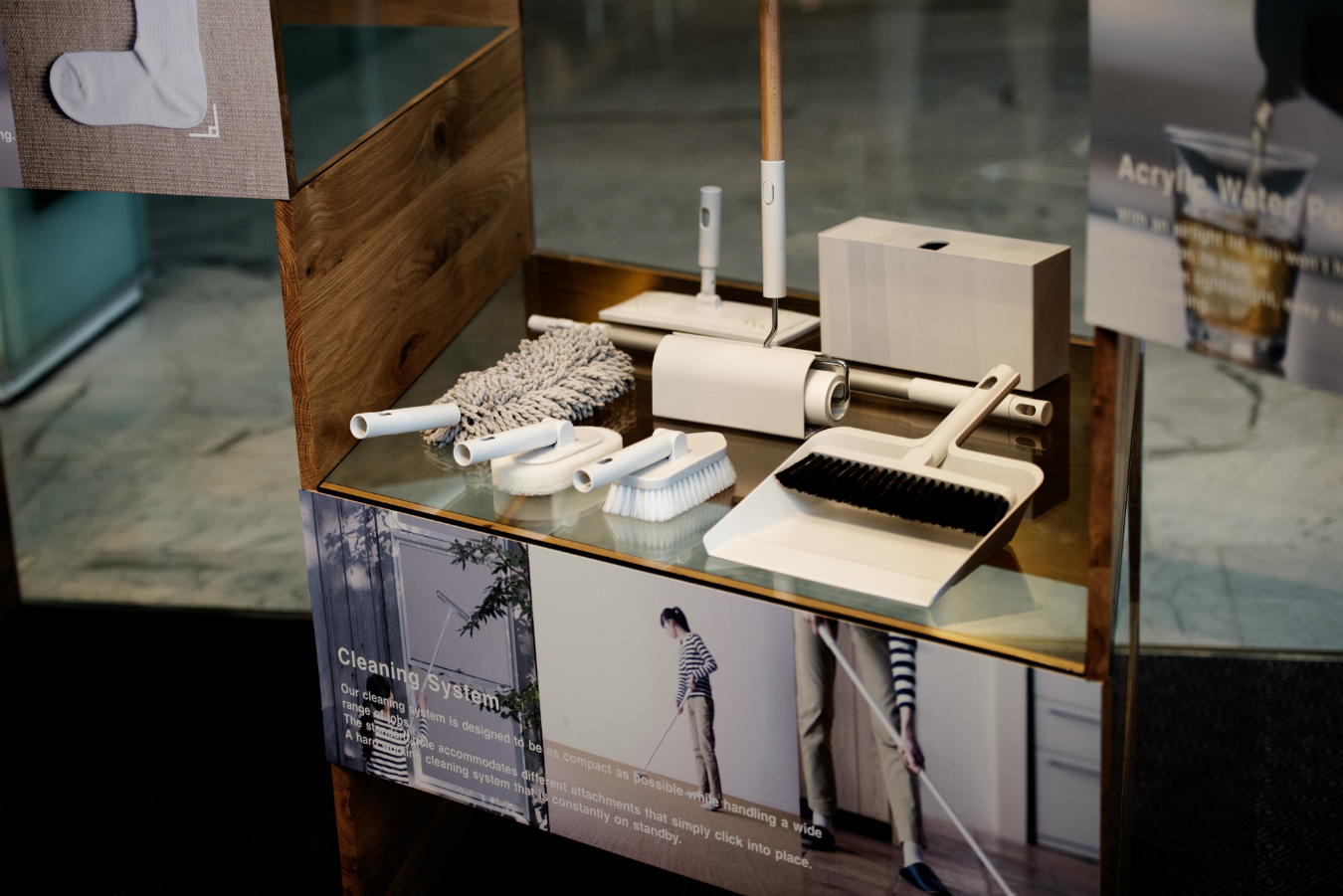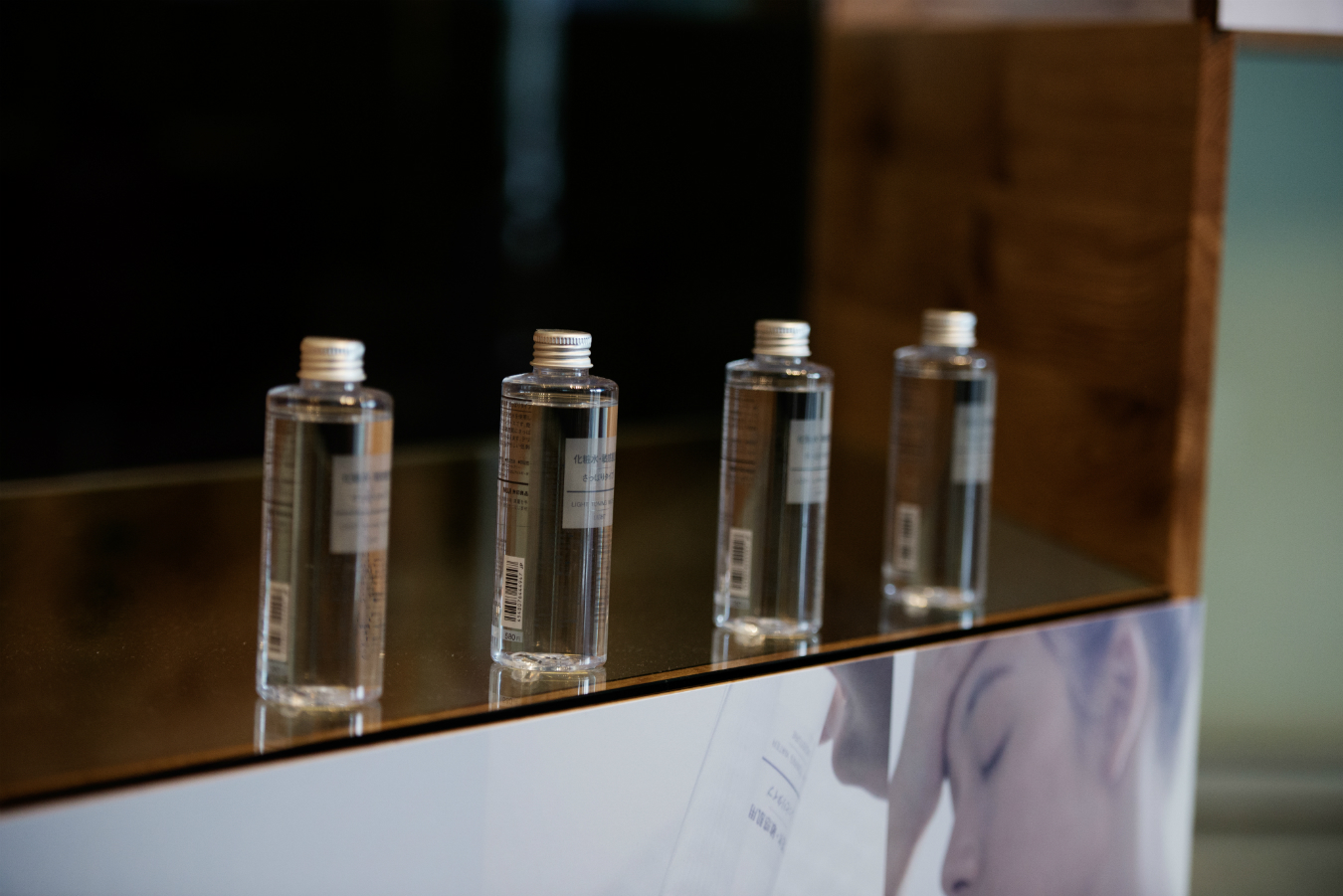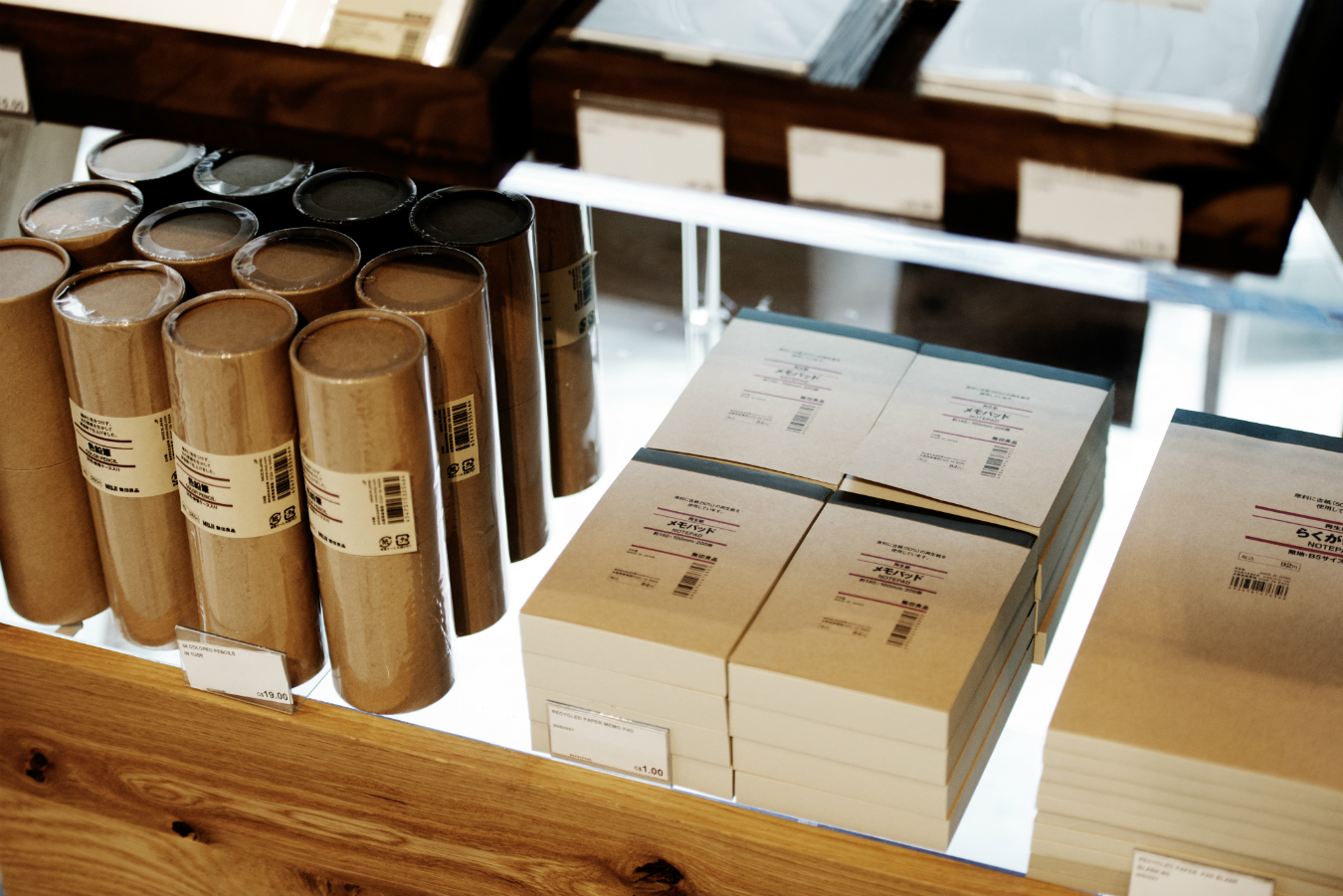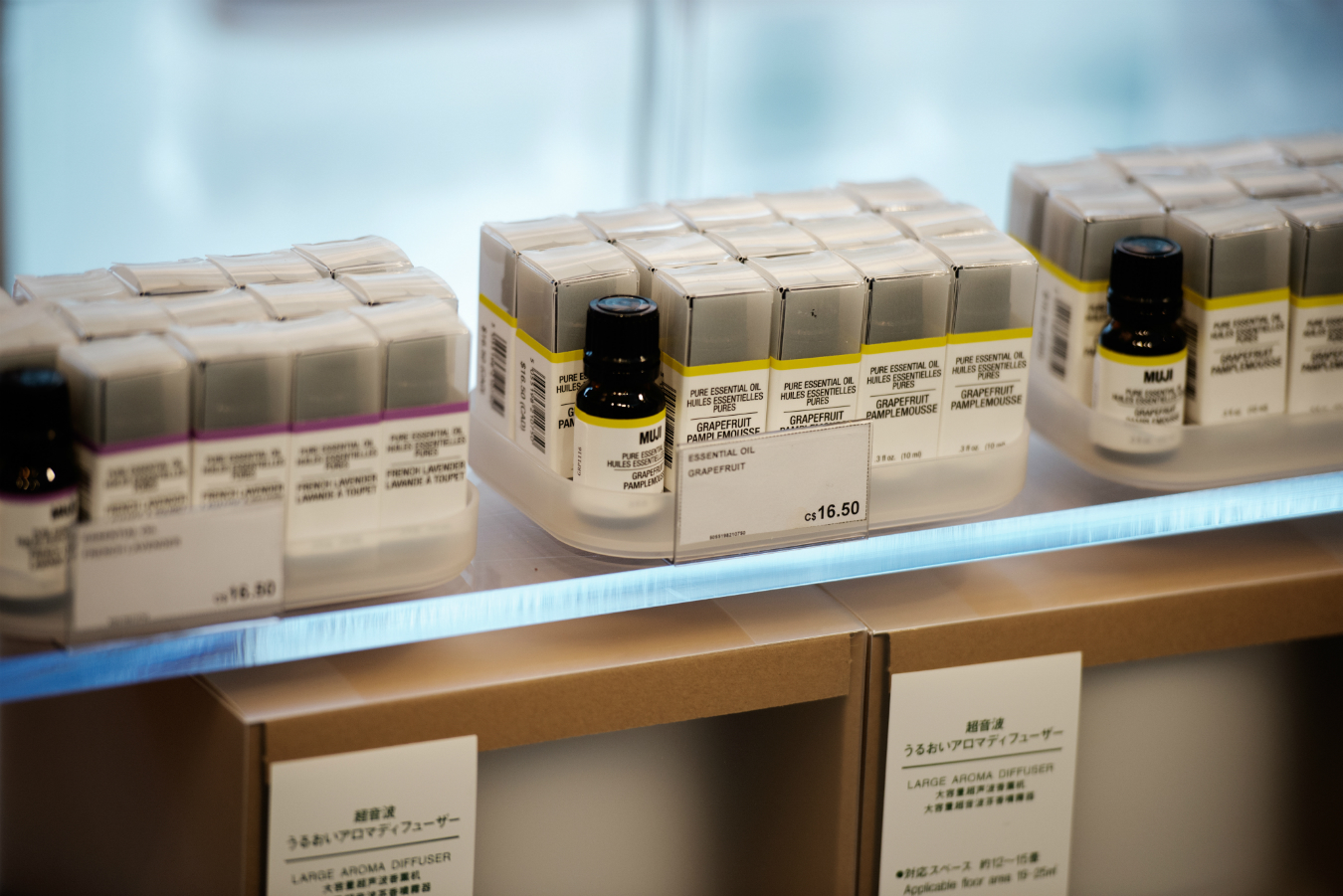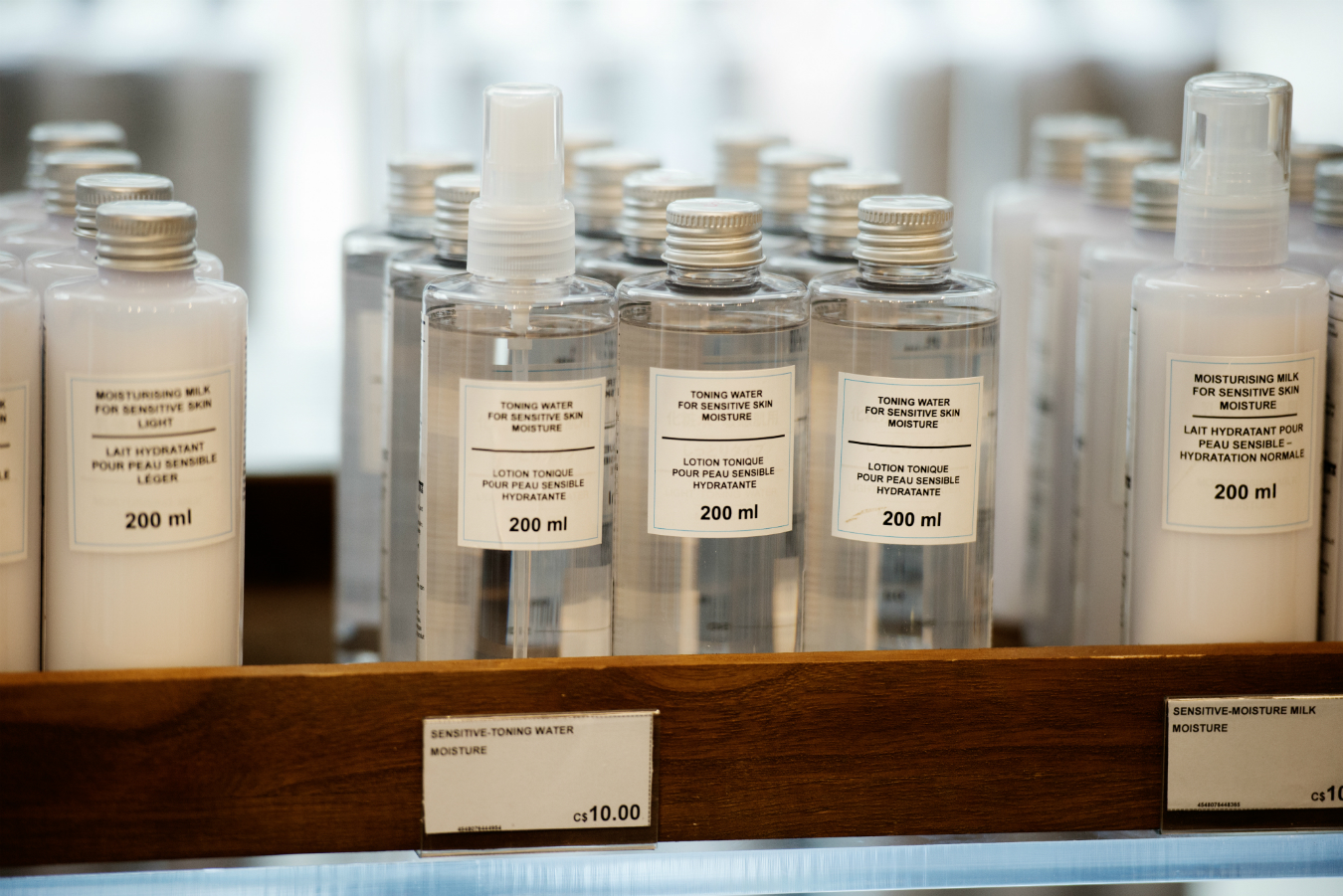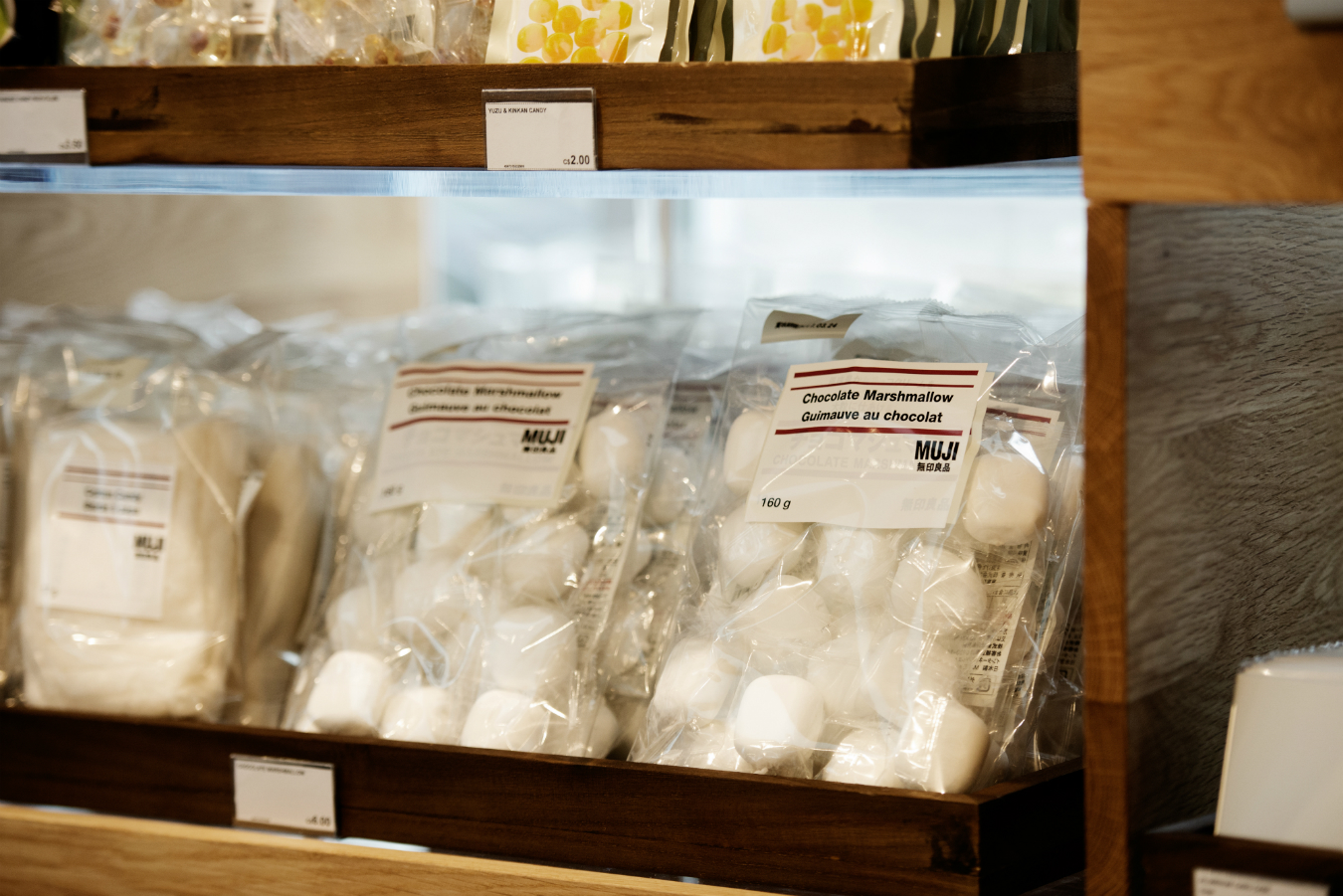Masaaki Kanai is chairman and representative director of Ryōhin Keikaku Co. Ltd., the manufacturer of Mujirushi Ryohin, much better known as Muji. The company can only be described as a phenomenon, now on a worldwide scale, taking its slogan—“no-brand quality goods”—quite literally.
Muji was born in 1980 out of a desire to create products that are made from natural materials, have ecologically-driven manufacturing processes, and sport extremely stripped-down packaging. “People are drawn to consumerism. But we observed, as we developed Muji, that people would go shopping, in person or online, with an image in mind of what they want to buy,” Kanai, visiting Vancouver to observe a Muji pop-up shop inside the Fairmont Pacific Rim, says through an interpreter. “They search for it, store after store, and often never find exactly what they want. They buy something overly decorated, ornate, with excessive packaging, even though it is not exactly what they set out to buy. We simply want them to think, ‘Oh, I will try Muji.’ And when they do, they find the product that is exactly right. The right pen, the right shirt. No excess.”
So Muji is not only about the 700-plus stores around the world, and the goods that inhabit those stores. It is about conscious consumer choice, about how people live their lives. It is about, as Kanai has it, “simplicity, coming directly out of Japan’s indigenous spiritual culture. When Bauhaus began peeling away overly ornate and decorated products by emphasizing functionality, Japan had already done this, creating beauty by stripping away. Perhaps it is only from Japan that Muji could have arisen.”
Remarkably, the company has grown largely by word of mouth, from its beginnings in a modest corner of one of Tokyo’s The Seiyu department stores, into those 700-plus boutiques, selling over 7,000 products. “Having Seiyu behind us made our growth possible, certainly,” says Kanai. There are no plans to become a true behemoth in the market; “we are a small brand. Smaller is better,” he says. Still, Ryōhin Keikaku was formed in 1989 to be the manufacturing, distribution, and retail arm of the company, in order to meet the market’s demands.
This in no way limits their appeal. “Markets in the West seemed to understand Muji, to embrace it,” says Kanai. “So at one point, we asked some foreign designers to work with us, imagining that Muji had been born in Germany or the United Kingdom, for example.” That led to fruitful collaborations with such design artists as Konstantin Grcic, Jasper Morrison, Sam Hecht, and James Irvine, along with the iconic Naoto Fukasawa, who has also been a design consultant with Muji for many years. None of the products are attributed to a specific designer, however. “The designers we work with have a full understanding of what Muji is, what it means,” Kanai explains. “It is not easy to design Muji. Many designers think it is only about simplicity, but it is much more than that. It is how objects are actually used by the people who own them.”
Muji has collaborated with Nissan to make 1,000 cars, it has built entire homes, and these days it constructs its own boutiques. There are tangible plans for a Muji hotel, in Singapore, too. But Kanai is clear that “we apply the same design principles, aesthetics, to everything we do.” These are not mere words: you can see those principles of simplicity, sparse packaging, affordability, and functionality in every little thing Muji magically produces.
Read more from our Design section.


